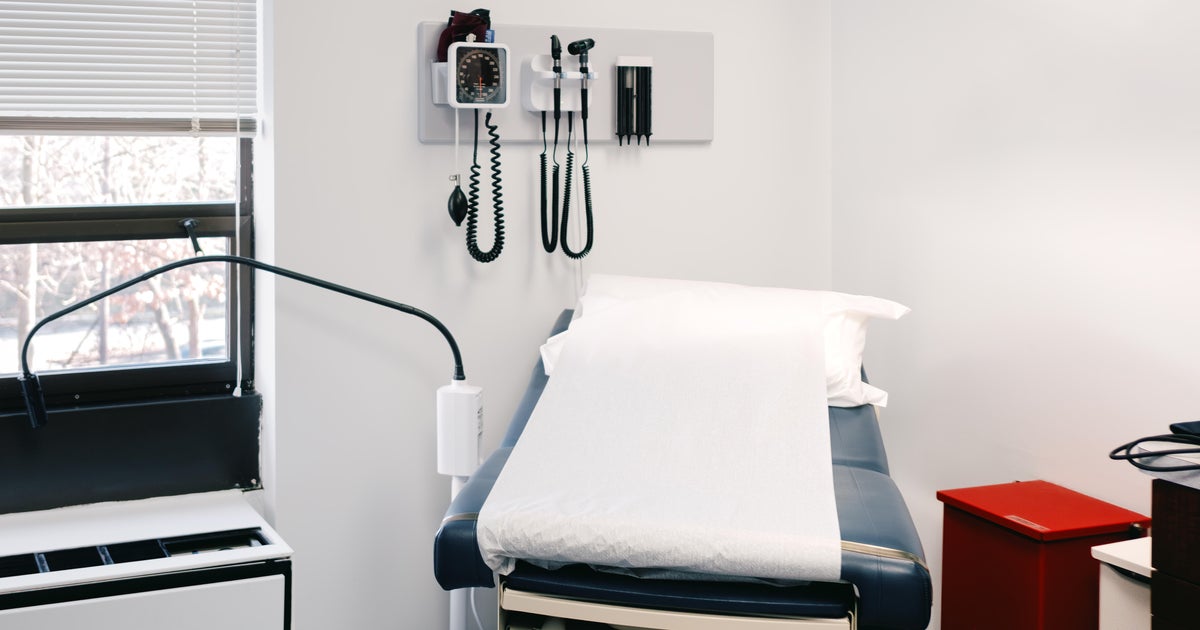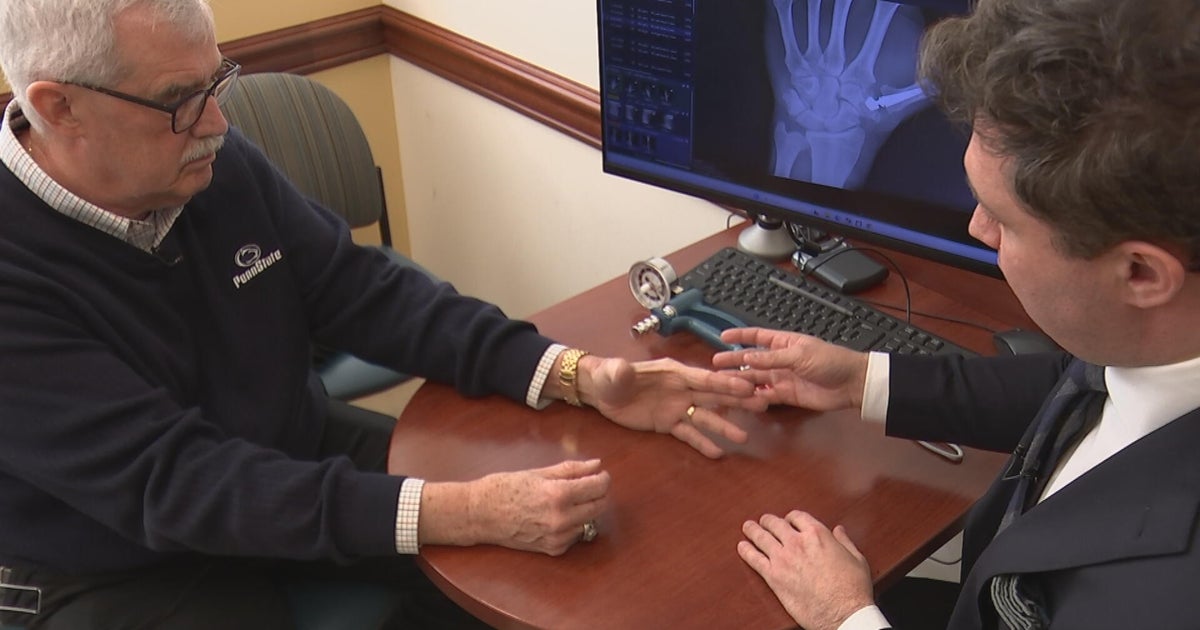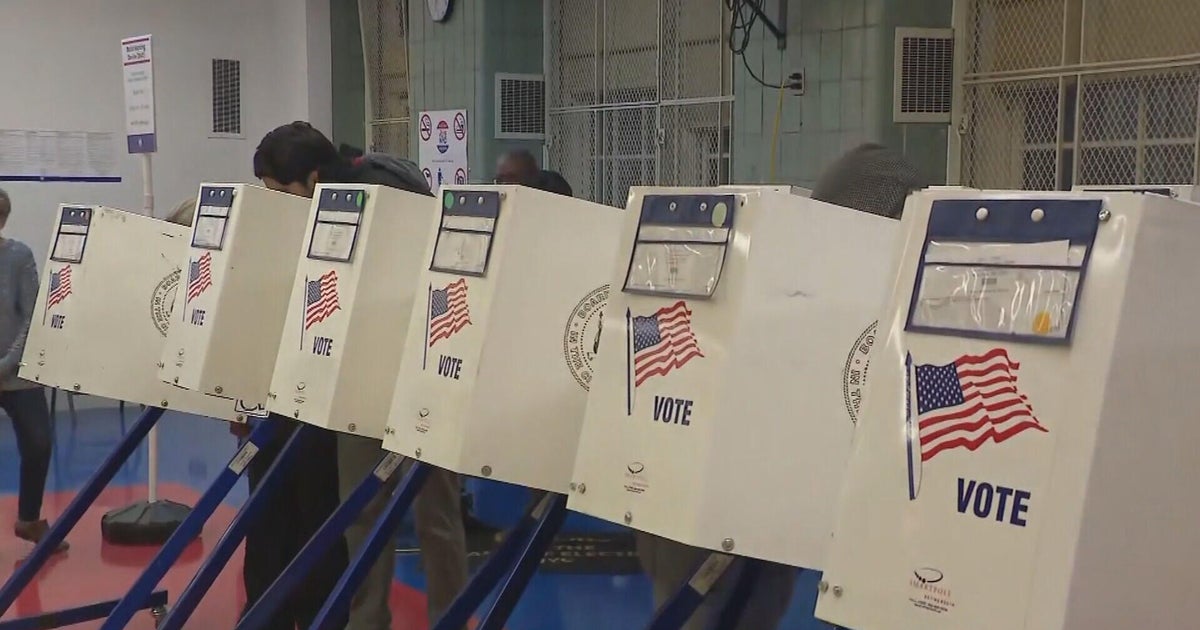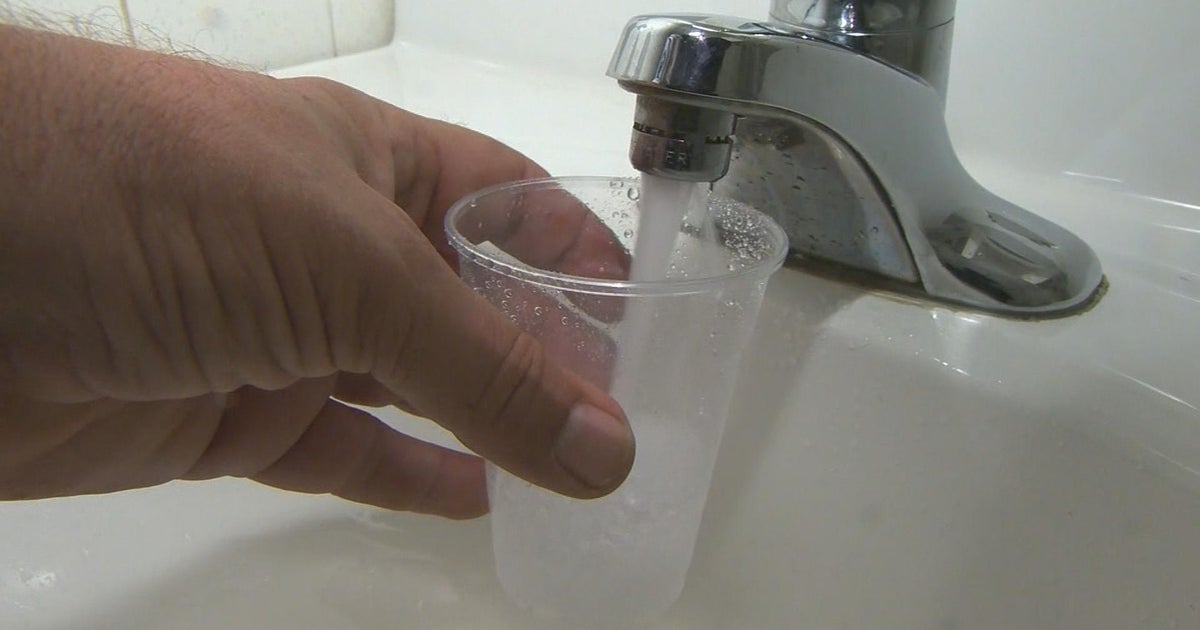'Artificial Pancreas' Expected To Make Life Easier, Healthier For Type 1 Diabetes Patients
NEW YORK (CBSNewYork) -- A groundbreaking new device could change the lives of millions of people living with diabetes.
Federal regulators just approved an artificial pancreas that can monitor and administer insulin.
Kady Helm was diagnosed with type 1 diabetes when she was just 5-years-old. In the 21 years since, keeping her blood sugar within a narrow, normal range has been a constant struggle.
"I'm constantly evaluating my situations. Where am I going? What am I doing? Is that going to affect my blood sugar levels?" she said.
As WLNY-TV's Dr. Max Gomez explained, for most diabetics that means a difficult, never-ending routine of checking blood sugar, watching what they eat, and calculating insulin doses.
Kady took part in a clinical trial of an innovative device that's been dubbed an artificial pancreas.
It combines a continuous glucose monitor that reads her blood sugar every five minutes, and then sends the information wirelessly to an insulin pump that releases the precise amount of insulin automatically.
The key is a computer algorithm that does those calculations faster and more accurately than a patient can.
"It looks at the numbers from a moment to moment basis, and it will proactively predict what is going to happen next and make clinical decisions that cannot be done at that rate. You would have to be standing and staring at your glucose monitor day and night," Dr. Carol Levy, Icahn School of Medicine, Mt. Sinai explained.
Derek Rapp is the CEO of JDRF International which funded much of the development of the artificial pancreas.
"It means peace of mind for them and for their loved ones. It allows them to live fuller, have more complete lives," he said.
Kady said the device has kept her blood sugar in check, and given her peace of mind.
"Takes a lot of stress off of me as mentally thinking about it, but it also makes me feel better, and physically I have more energy and be healthier because it's keeping me in much tighter control," she said.
At first, the artificial pancreas will likely be for diabetics who struggle to keep their blood sugar under control. Experts said the devices are going to get much better, but insurance coverage remains to be worked out.







